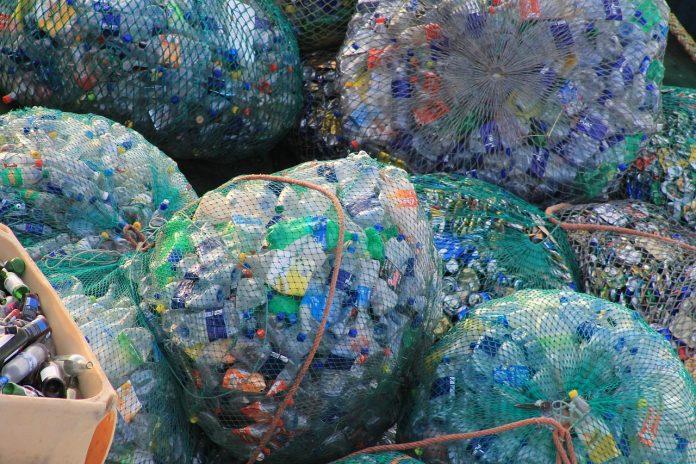European Commission adopts Plastic Strategy to tackle plastic waste
- January 17, 2018
- Posted by: administrator
- Category: Environmental, Europe

The European Commission has adopted a new Plastic Strategy – the first-ever Europe-wide strategy on plastics – as a part of the transition towards a more circular economy.
Under the new plans, all plastic packaging on the EU market will be recyclable by 2030, the consumption of single-use plastics will be reduced and the intentional use of microplastics will be restricted.
First Vice-President Frans Timmermans, responsible for sustainable development, said:
“If we don’t change the way we produce and use plastics, there will be more plastics than fish in our oceans by 2050. We must stop plastics getting into our water, our food, and even our bodies. The only long-term solution is to reduce plastic waste by recycling and reusing more. This is a challenge that citizens, industry and governments must tackle together. With the EU Plastics Strategy we are also driving a new and more circular business model. We need to invest in innovative new technologies that keep our citizens and our environment safe whilst keeping our industry competitive.”
Europeans generate 25 million tonnes of plastic waste annually, but less than 30% is collected for recycling. Across the world, plastics make up 85% of beach litter, while microplastics in air, water and food are having an unknown impact on human health.
The plastic strategy is intended to transform the way products are designed, produced, used, and recycled in the EU. The Commission has adopted a Monitoring Framework, composed of a set of ten key indicators which cover each phase of the cycle, which will measure progress towards the transition to a circular economy at EU and national level.
Under the new strategy, the European Union will:
Make recycling profitable for business: New rules on packaging will be developed to improve the recyclability of plastics used on the market and increase the demand for recycled plastic content. With more plastic being collected, improved and scaled up recycling facilities should be set up, alongside a better and standardised system for the separate collection and sorting of waste across the EU. This will save around a hundred euros per tonne collected. It will also deliver greater added value for a more competitive, resilient plastics industry.
Curb plastic waste: European legislation has already led to a significant reduction in plastic bag use in several Member States. The new plans will now turn to other single-use plastics and fishing gear, supporting national awareness campaigns and determining the scope of new EU-wide rules to be proposed in 2018 based on stakeholder consultation and evidence. The Commission will also take measures to restrict the use of microplastics in products, and fix labels for biodegradable and compostable plastics.
Stop littering at sea: New rules on port reception facilities will tackle sea-based marine litter, with measures to ensure that waste generated on ships or gathered at sea is not left behind but returned to land and adequately managed there. Also included are measures to reduce the administrative burden on ports, ships and competent authorities.
Drive investment and innovation: The Commission will provide guidance for national authorities and European businesses on how to minimise plastic waste at source. Support for innovation will be scaled up, with an additional €100 million financing the development of smarter and more recyclable plastics materials, making recycling processes more efficient, and tracing and removing hazardous substances and contaminants from recycled plastics.
Subject to Better Regulation requirements, the Commission will present the proposal on single-use plastics later in 2018.
Stakeholders have until 12 February 2018 to contribute to the ongoing public consultation.
The Commission will also start work on the revision of the Packaging and Packaging Waste Directive and prepare guidelines on separate collection and sorting of waste to be issued in 2019.
Click here to download the Plastics Strategy
